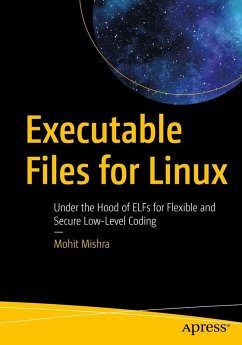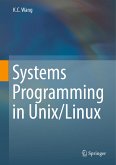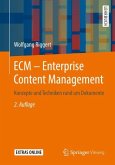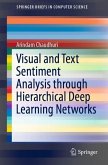Focusing on the Executable and Linkable Format (ELF) used in Linux and Unix systems, this book explores how code is compiled, linked, and loaded into memory, and how the operating system executes it. You ll learn to analyse ELF files, debug and optimize programs at the binary level, write custom linker scripts, and understand dynamic linking and symbol resolution.
ELF files are important because low-level programming and binary analysis are critical skills for system programmers, embedded developers, and security researchers. With the rise of performance optimization, cybersecurity, and resource-constrained environments (e.g., IoT), understanding executables is more relevant than ever.
Executable Files for Linux provides a hands-on, modern approach to a topic often overlooked in learning resources today.
What You Will Learn
· Analyse and modify ELF files to optimize software performance
· Debug and optimize programs at the binary level
· Write custom linker scripts for complex projects
· Understand dynamic linking, lazy loading,
ELF files are important because low-level programming and binary analysis are critical skills for system programmers, embedded developers, and security researchers. With the rise of performance optimization, cybersecurity, and resource-constrained environments (e.g., IoT), understanding executables is more relevant than ever.
Executable Files for Linux provides a hands-on, modern approach to a topic often overlooked in learning resources today.
What You Will Learn
· Analyse and modify ELF files to optimize software performance
· Debug and optimize programs at the binary level
· Write custom linker scripts for complex projects
· Understand dynamic linking, lazy loading,








